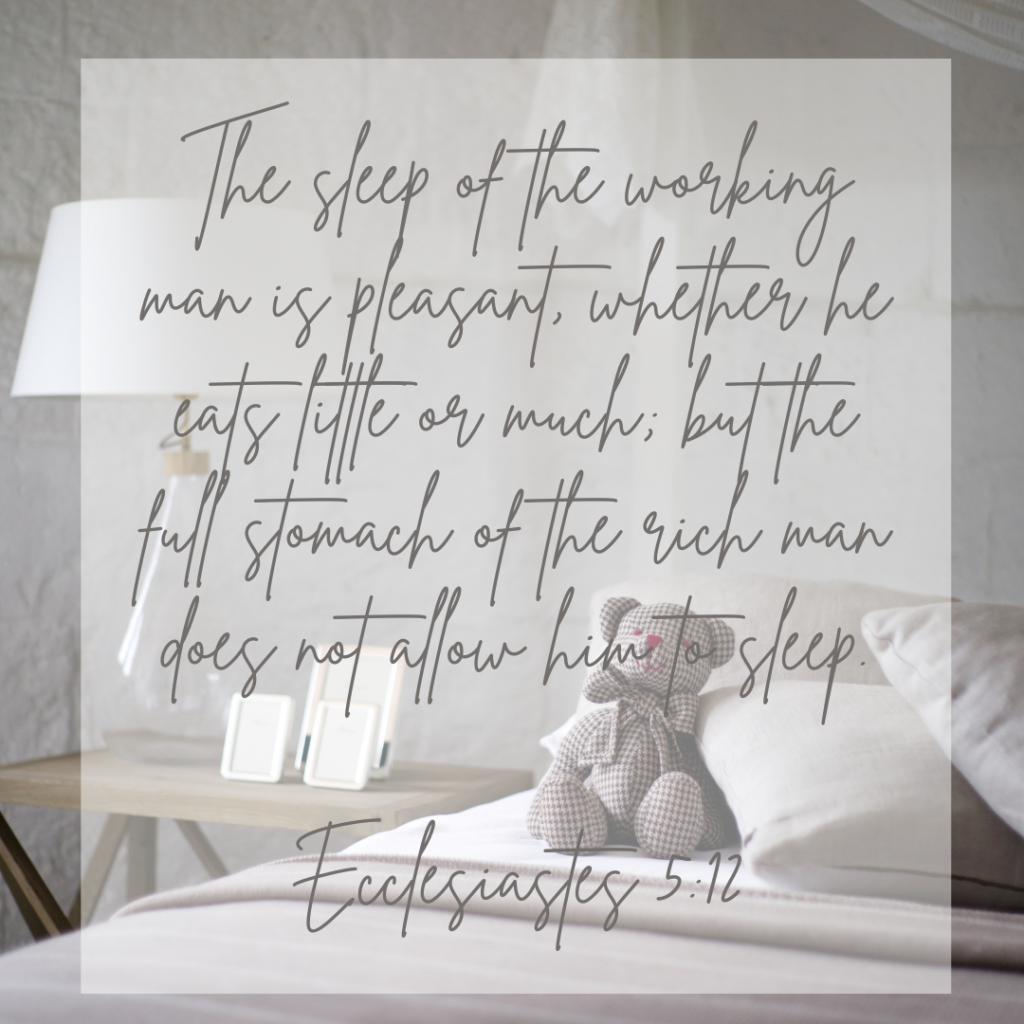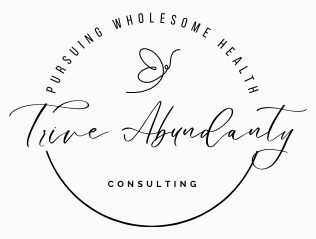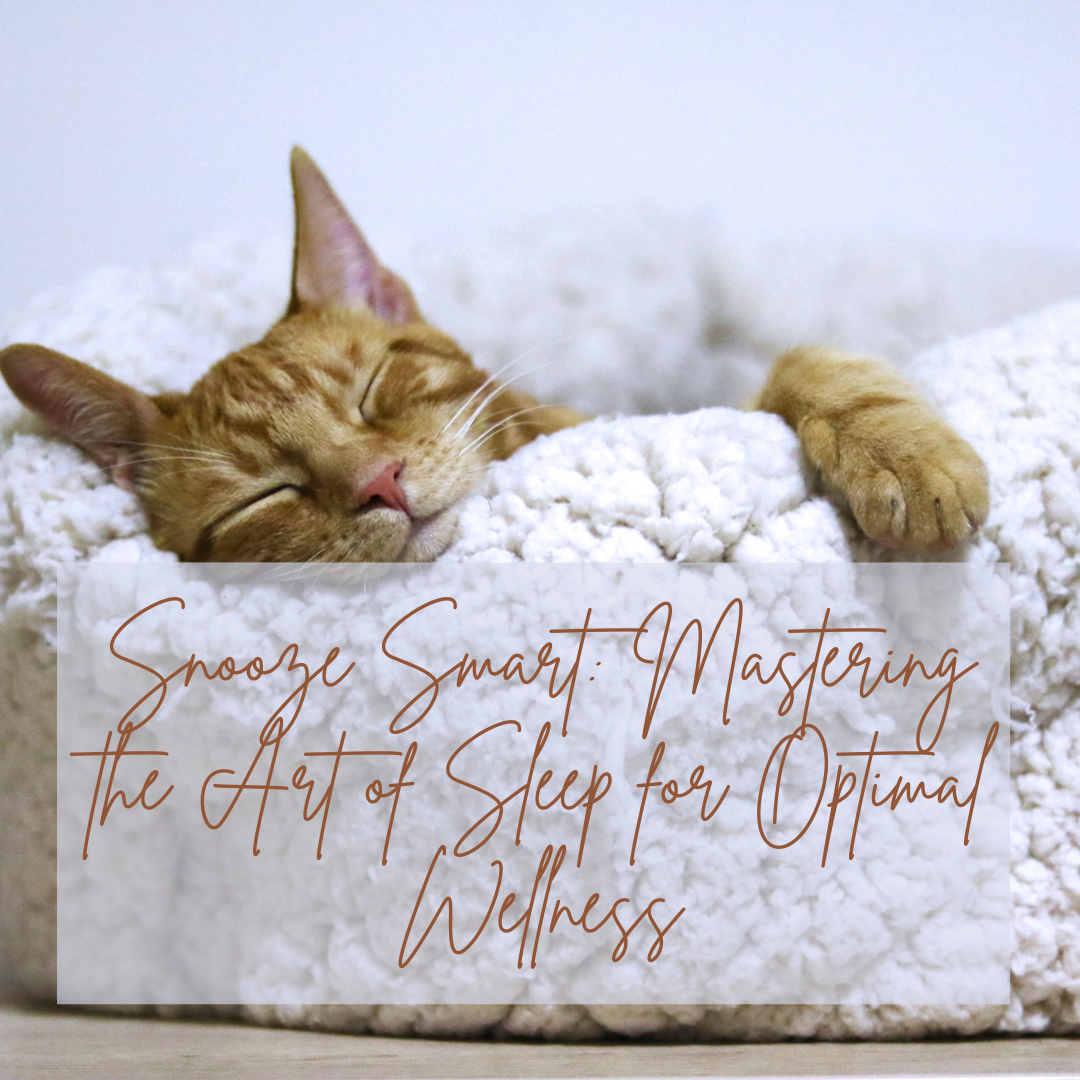Hey there, friends! Welcome to our next installment all about sleep and its incredible impact on reducing stress and cortisol levels. Get ready to dive deep into this fascinating topic—I promise it’s going to be eye-opening! You see, sleep is a crucial component of our overall health and well-being. It’s like giving our bodies the ultimate reset, allowing us to heal and function at our best. So, buckle up and get ready to uncover the science behind why sleep matters more than you might think. I know that science can often be an amazing motivator to move from what we know we need, to actually doing something about it. I pray reading these next few posts will result in beneficial action on your part and the rippling effect of better sleep and better health for you!
I’ve come to realize that sleep is like a secret weapon in the battle of daily life. There have been times when I struggled to get quality sleep myself, feeling at the mercy of restless nights. But even before I fully grasped the science behind it all, one thing was clear to me: a well-rested body is a force to be reckoned with. I noticed that when I managed to clock in around nine hours of sleep, I was a lot more patient and present, especially with my kids. It’s funny how we make sure our little ones stick to a bedtime routine because we know how cranky they get without enough sleep, right? Well, turns out, I’m not much different! So, I made a conscious effort to prioritize my own bedtime just as diligently as I did for my kids, and let me tell you, it’s made a world of difference for all of us.
I truly hope this resonates with you. Even if you’re not swayed by the scientific evidence, consider this: prioritizing quality sleep can empower you with greater self-control. When you’re well-rested, you’re less likely to succumb to frustration and become a pawn of negativity in your interactions. Psalm 127:2 reminds us of the futility of overworking and the importance of rest, highlighting that God blesses us even as we sleep. It’s a beautiful reminder that rest is just as vital as productivity. While the Bible encourages us to work, it also emphasizes the significance of balance. Sleep, in essence, is a divine gift that prepares us for the tasks ahead.

There are some incredible benefits of sleep. Not only does it shape your character, aligning you with the essence of your new creation by making you more self-controlled, but it also tends to your physiological needs in ways you may not have realized. During sleep, you’re equipped to grow and thrive. Psalm 4:8 reassures us that in divine safety, we find peaceful rest. As we surrender to sleep, Psalm 121:3-4 reminds us of God’s unwavering vigilance, ensuring our security even as we slumber. So, as you drift off, trust that He’s actively at work, orchestrating your well-being through the night.
I hope you will be in new awe when you learn about the transformative power of sleep as we delve into its role in preventing various health issues and the vital hormones that come into play during rest. Proverbs 3:24 reminds us that sweet, fear-free sleep is a divine gift. Let’s strive to honor our bodies as temples of the Holy Spirit, as outlined in 1 Corinthians 6:19-20. By prioritizing rest and nurturing our bodies, we honor the sacred dwelling place of God within us. Embracing the restorative power of sleep isn’t just beneficial to us but glorifies God through our well-being.
Let’s also remember Isaiah 58, a chapter that speaks of breaking the chains of oppression. Just as sleep can liberate us from the burdens of an unhealthy lifestyle, stress, and urgency, it allows our health to flourish. This chapter feels very applicable in many ways seeing the amazing impact of prioritizing rest on our overall well-being.
Did you know that more car accidents occur due to sleep-deprived drivers than those under the influence of alcohol? Yes, sleep deprivation is a real issue, and it’s crucial to recognize its signs. Now, you might wonder, how do you know if you’re sleep deprived?
Well, if you consistently get around six hours of sleep each night, studies suggest you’re likely sleep deprived. So, what are some telltale signs that your sleep isn’t up to par?
If you struggle to fall or stay asleep, experience mid-night waking, battle with concentration issues, wrestle with feelings of depression or anxiety, wake up feeling perpetually tired, endure persistent pain, find it challenging to learn or remember things, or notice premature aging, these could all be indicators that your sleep needs attention. I’m not here to dictate what you should do, but rather to offer insights backed by science, because sometimes, just knowing is the first step towards positive change.

So let’s look at the night time hormones that play such important roles in our bodies. Tucked away in your brain is the pineal gland, the command center for releasing four key hormones every night. What’s intriguing is that these hormones follow a strict schedule, and it’s not determined by when you go to bed. It’s dictated by your body’s internal clock, known as the Circadian rhythm, which takes cues from factors like sunlight, darkness, and even the moon’s phases. It all starts when light enters your eyes in the morning, signaling your brain’s control center, which then orchestrates the release of these hormones from the pineal gland. Since this timing is based on the sun, the optimal time for this nightly hormone release falls within a specific window, roughly from 10 pm to 3 am during summer and around 9 pm to 2 am in winter. That’s a neat five-hour slot. So, if you’re burning the midnight oil, you’re missing out on these crucial hours of hormone release, depriving your body of its natural renewal process. Let that sink in for a moment.
Let’s start with everyone’s favorite mood booster: serotonin. Picture serotonin as your body’s personal cheerleader, responsible for those feel-good vibes. Do you ever notice how kids who stay up past their bedtime often wake up grumpy? That’s because they’re missing out on the serotonin release that happens during the night. But serotonin also plays a crucial role in managing depression and anxiety. So, if you find yourself battling these mood issues, consider this simple experiment: what if you made a habit of going to bed by 9 pm? It might not be a cure-all, but it could make a world of difference in how you feel over time. It’s worth a shot, right?
Epithalamin is next. The unsung hero of learning and longevity. This little powerhouse hormone is like your brain’s personal trainer, boosting your learning capacity and keeping your mind sharp. God wired us to be lifelong learners, and staying curious and engaged helps stave off mental decline. Just think about it – even right now, as you’re reading this, you’re giving your brain a workout.
You’ve probably heard those inspiring stories of folks in their 90s acing law school or mastering a new instrument. That’s the power of lifelong learning, my friend. So, make a promise to yourself: never retire from learning, even if you retire from work. Keeping your mind active is the key to a vibrant, fulfilling life.
Now, back to epithalamin. Not only does it supercharge your learning abilities, but it also helps with comprehension and memory retention. Trust me, as a former teacher, I’ve seen firsthand how kids who skimp on sleep struggle to absorb and retain what they’ve learned. And if you’re a parent, you might have noticed this too.
Additionally, epithalamin is also a key player in slowing down the aging process. Yup, you heard that right. So, by hitting the sack early and giving your body the sleep it craves, you’re not just boosting your brainpower – you’re also giving yourself the gift of graceful aging. Now, who wouldn’t want that?

The third hormone is vacitocin – nature’s very own painkiller. Pretty cool, right? I mean, who knew our bodies were equipped with such a handy feature? Vacitocin does wonders for knocking out those pesky aches and pains, leaving you feeling like a million bucks. But it’s important to know that it leaves behind a little waste product in your system. No worries, though, because you can flush it out the next day with a bit of exercise.
A simple workout can do wonders for clearing out that vacitocin residue. And you will want to do so because if you skip the exercise, that waste product sticks around, putting a damper on your body’s ability to produce more vacitocin the next night. So, if you needed another reason to hit the gym, consider this your wake-up call.
Do you have nagging aches and pains? Try incorporating a little exercise into your routine and going to bed at the right time – you might be surprised at how much better you feel. Of course, exercise isn’t the only piece of the puzzle when it comes to reducing pain and inflammation, but it’s a darn good start.
Ecclesiastes tells us that the sleep of a laboring man is sweet. Back in the day, physical labor was par for the course, but these days, many of us lead more sedentary lifestyles. That’s where exercise comes in – it’s like your modern-day labor, working those muscles and tiring you out in all the right ways.
By hitting the gym or going for an exercise tailored to your likes and abilities, you’re not only setting yourself up for a deeper, more restorative sleep – you’re also increasing your chances of slipping into that sweet, sweet slumber. Getting moving during the day will be welcomed by your body come bedtime. But some people don’t sleep well if they exercise too close to bed time, so if that is an issue, try moving it up.
Lastly we have melatonin, the hormone responsible for fixing and rejuvenating. You’ve probably heard of this little wonder hormone before. Many people even pop melatonin supplements to combat jet lag, but your body actually produces it on its own every single night. Melatonin is like your body’s very own repair crew, clocking in for the night shift while you catch your beauty sleep.
Remember, our emotional and spiritual well-being can intertwine with our bodies in many ways. Here is one such way. During the day, when we’re faced with hurts or grudges, and we make the conscious decision to start the forgiveness process, something truly remarkable kicks into gear. Enter melatonin.
Melatonin doesn’t just help us doze off – it’s like a cleansing agent for our emotions. When we choose to forgive during the day, melatonin steps in during the night, sweeping away all that emotional gunk and negativity. It’s like hitting the reset button on our inner peace.
Now, think about why the Bible advises us not to go to bed angry. Perhaps it’s urging us to release those unforgiving emotional burdens before we turn out the lights, allowing melatonin to do its job and clear out the toxic buildup.
So, next time you find yourself grappling with lingering grudges or hurt feelings, consider starting the forgiveness process before you turn off the lights. Knowing how melatonin is designed to assist me in staying uncontaminated by the stuff that inevitably happens in my day to day sure is an incentive for me to keep short accounts and cooperate with how this seems to work.
You’ve probably heard the saying: “Knowledge is power”. Well, it turns out, it’s not just a cliché. Proverbs 14:6 hits the nail on the head – when we truly understand something, taking action becomes a whole lot easier.
So, armed with this newfound understanding of how sleep impacts our well-being, I bet you’re itching to dive deeper into the topic. In our next post, we’ll unpack the different types of sleep and how they ebb and flow throughout the night. Plus, I’ll give you some tips to help you boost the quality of your sleep. In the meantime, what is one aha that you have from today’s post that you can put into action? Let me know in the comments!







